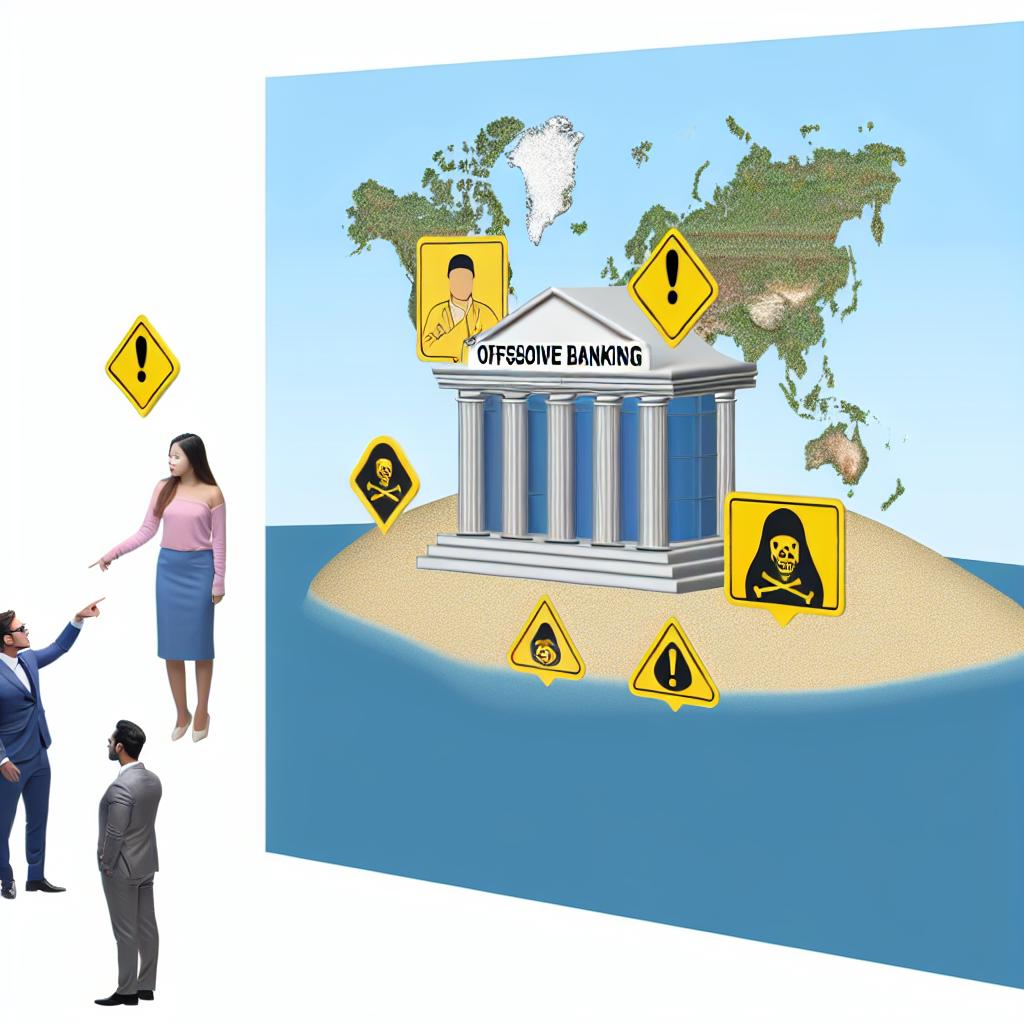How to Avoid Offshore Banking Scams

Understanding Offshore Banking
Offshore banking, a practice that involves opening a bank account outside one’s home country, is a widely-discussed topic among financial experts and individuals looking to diversify their financial portfolios. It offers a host of potential benefits such as possible tax reliefs, increased privacy, and asset safeguarding. However, this complex financial strategy is not without its risks. While it can provide legitimate advantages, it can also expose individuals to potential scams and financial frauds. Therefore, it is crucial to navigate this landscape with careful evaluation and strategic planning.
Identifying Legitimate Offshore Banks
When delving into offshore banking, ensuring that you partner with legitimate financial institutions is essential. Several steps can guide you in distinguishing credible banks from fraudulent or less reputable ones:
Research the Bank’s Reputation: Employing due diligence by thoroughly researching the bank’s history and reputation is a primary step. Analyzing factors such as the bank’s founding date, customer reviews, and its standing within the global financial community can provide insights. Trustworthy banks, more often than not, have a long-standing history of customer satisfaction and commendable operations.
Verify Regulation and Licensing: Confirm the bank’s regulation and licensing status in its operating jurisdiction. The institution should be under the supervision of recognized regulatory bodies. Organizations like the Financial Conduct Authority (FCA) in the UK or the Monetary Authority of Singapore (MAS) are known for their stringent guidelines and regulations, hence banking institutions under their purview are more likely to be credible.
Recognizing Red Flags
Navigating offshore banking sometimes involves encountering potential scams. Scammers employ clever tactics to tempt individuals into fraudulent banking schemes. Being aware of these can protect you from significant financial losses:
Unrealistic Promises: Be cautious of banks or representatives who promise guaranteed high returns or exceptional levels of privacy that seem too good to be true. Always ask for detailed explanations and consider seeking a second opinion if in doubt.
Lack of Transparency: Legitimate financial institutions always maintain transparency about their fee structures, account terms, and any associated investment risks. Be wary of banks that are unwilling to provide this information upfront or are vague about the details.
Pressure Tactics: Fraudulent schemes often involve high-pressure tactics intended to rush your decision-making process. If an institution or its representatives are pushing you to act swiftly without ample time for consideration, it is a definite warning sign. Legitimate banks respect your right to take time in making informed decisions.
Protecting Your Financial Information
Your personal and financial information is invaluable, and protecting it is paramount, especially when dealing with offshore banking. By implementing the following safeguards, you can fortify your defenses against potential scams:
Use Secure Connections: Always ensure that any online banking activities are conducted over encrypted and secure internet connections. This helps in preventing unauthorized access and data breaches.
Regular Monitoring: Regularly scrutinize your bank statements and account activities for any discrepancies or unauthorized transactions. Prompt identification of such activities can prevent further unauthorized access.
Keep Software Updated: Ensuring that your computer’s operating system and antivirus software are consistently updated minimizes vulnerabilities. Updated software is critical in defending against malware designed to infiltrate your system and access sensitive information.
Consulting Professionals
Given the complexities and potential pitfalls of offshore banking, consulting with financial professionals who specialize in international banking is advisable. These experts can provide you with invaluable insights and guide you through the intricate landscape of offshore banking. By leveraging their expertise, you can make more informed decisions that align with your financial goals and risk tolerance.
For further detailed information and professional guidance, consider reaching out to certified financial advisors. They can assist you in identifying secure offshore banking options and devising strategies tailored to your financial objectives. Additionally, visiting trusted financial websites such as Investopedia can offer in-depth analysis and comprehensive guides on the nuances of offshore banking, assisting you in refining your understanding and choices in this field.
In conclusion, while offshore banking presents several advantages, it is a domain that requires vigilant research and expert advice. By understanding the potential pitfalls and taking deliberate, informed steps, you can harness the benefits of offshore banking while safeguarding against its risks. It remains an intriguing option for those looking to expand their financial horizons beyond their domestic markets, and with careful planning and professional guidance, it can be a beneficial component of a diversified financial strategy.
This article was last updated on: July 15, 2025
